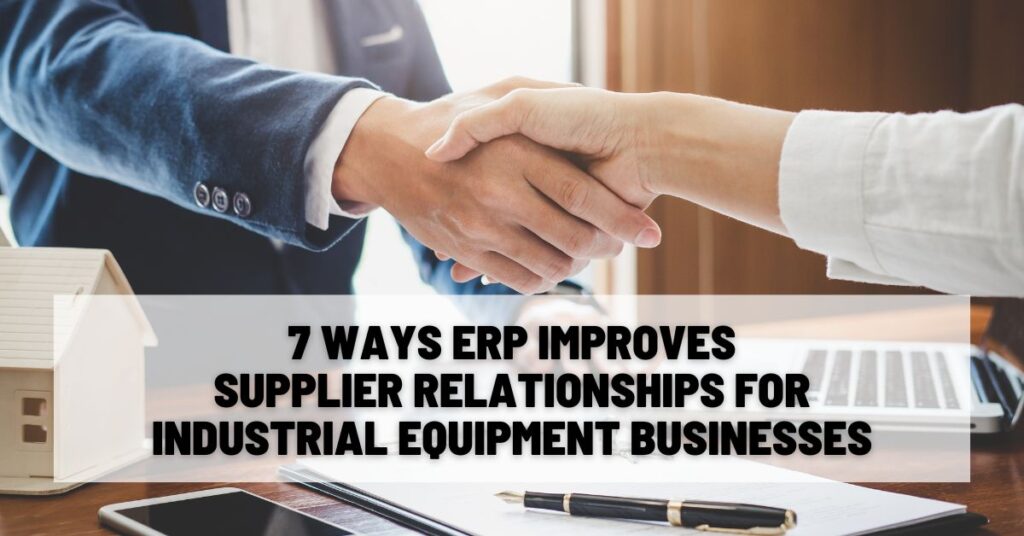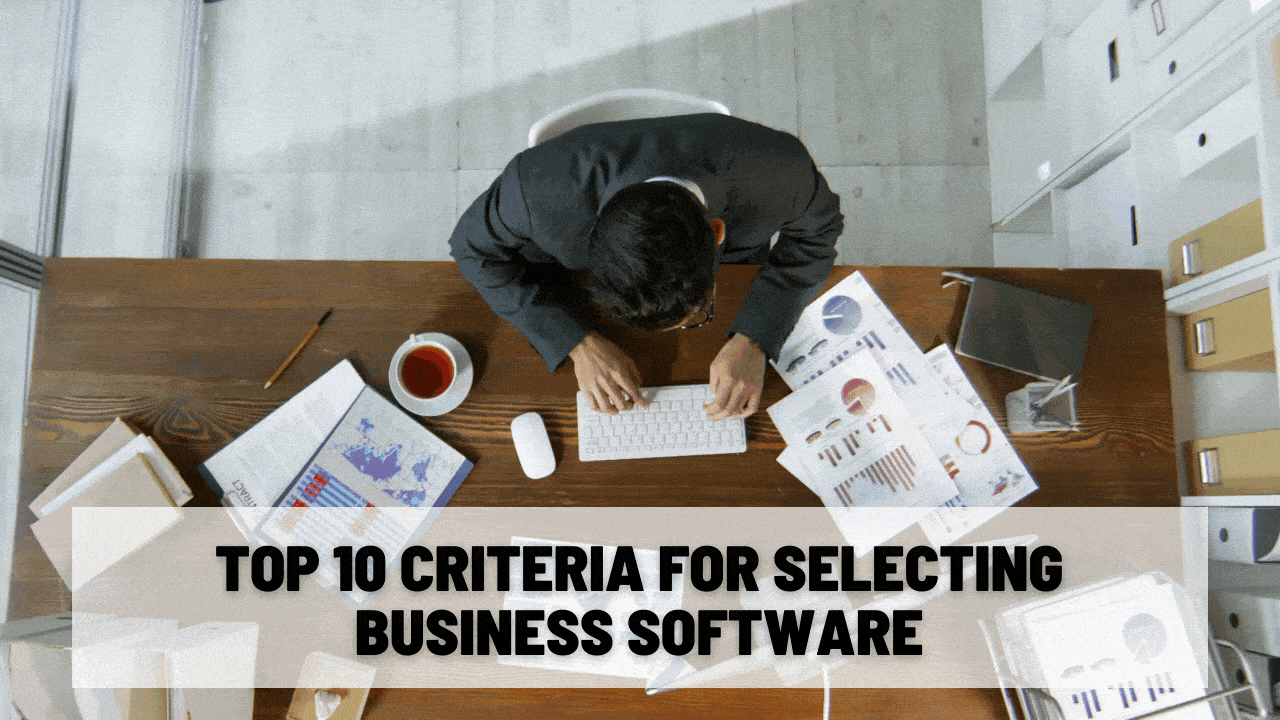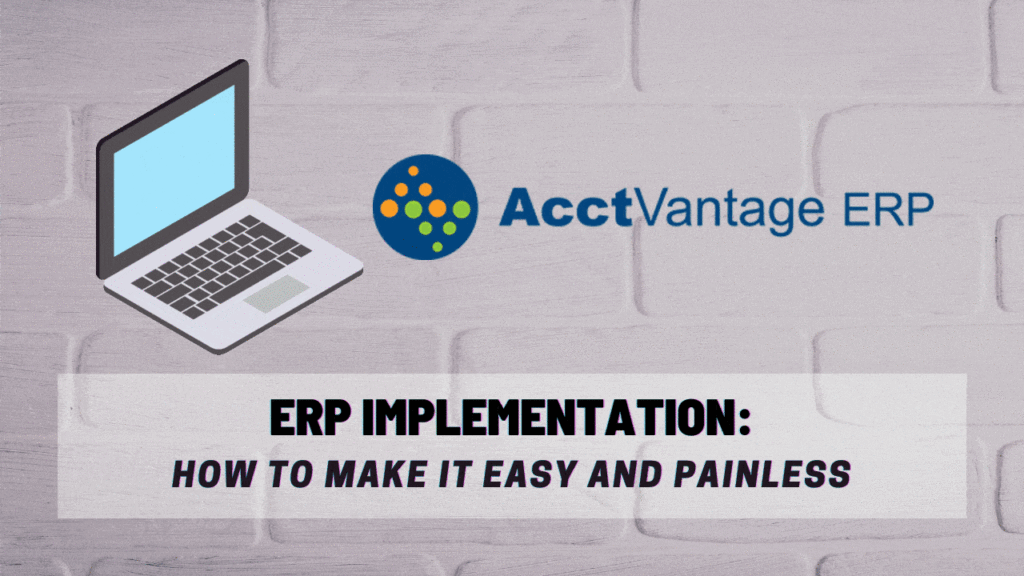7 Ways ERP Improves Supplier Relationships for Industrial Equipment Businesses
- Automated Procurement and Reordering
- ERPs can automate much of the procurement and reordering process, reducing the risk of delays and errors.
- By setting automated reorder points, your suppliers receive timely purchase orders as soon as inventory hits critical levels. This kind of seamless procurement means you maintain optimal stock levels without the headaches of manually triggering orders or risking stockouts.
- Supplier Performance Evaluation
- With an ERP system, you can easily track supplier performance through integrated Key Performance Indicators (KPIs). E.g. Are they consistently delivering on time? How often do they meet quality standards?
- ERP dashboards make it easy to gather and visualize this data, enabling you to assess your suppliers’ reliability and negotiate better terms based on their performance—or identify where you need alternative partners.
- Improved Demand Forecasting
- ERP software aggregates historical data, sales trends, and current stock levels to create highly accurate demand forecasts.
- When you share these projections with your suppliers, they can plan their production and logistics more effectively, which means fewer delays and better alignment with your business’s needs. Improved forecasting builds trust and keeps supply chain disruptions to a minimum.
- Better Contract Management and Negotiation
- ERP solutions help manage contract details, supplier agreements, and price lists—all in one place. This way, you have easy access to past agreements, special terms, and pricing trends during negotiations.
- Having a well-documented history leads to better-informed negotiations and ensures that you’re always working under the most favorable terms possible, helping you get the best value from your supplier relationships.
- Visibility Across the Entire Supply Chain
- One of the key benefits of an ERP system is end-to-end visibility. This means that you know exactly where raw materials are, when they’ll arrive, and how they fit into your production schedule.
- By having this visibility, you can give suppliers accurate delivery windows and forecast needs far ahead of time. This makes you a better partner, reducing the number of surprises and last-minute changes for your suppliers.
- Scenario Planning and Risk Management
- ERP systems enable scenario planning by simulating “what-if” situations in the supply chain. If a supplier is at risk of a delay, an ERP can help model the impact and suggest alternative actions.
- Sharing these insights with suppliers keeps everyone proactive rather than reactive, meaning there’s less scrambling and fewer emergency phone calls when things go wrong.
- Data-Driven Supplier Strategy
- An ERP system gives you data-driven insights into supplier relationships, from on-time delivery rates to order accuracy. Use this information to identify which suppliers are consistently adding value and which are causing bottlenecks.
- With clear data, you can move toward a strategic supplier relationship, focusing resources on those who bring the most value to your business.




